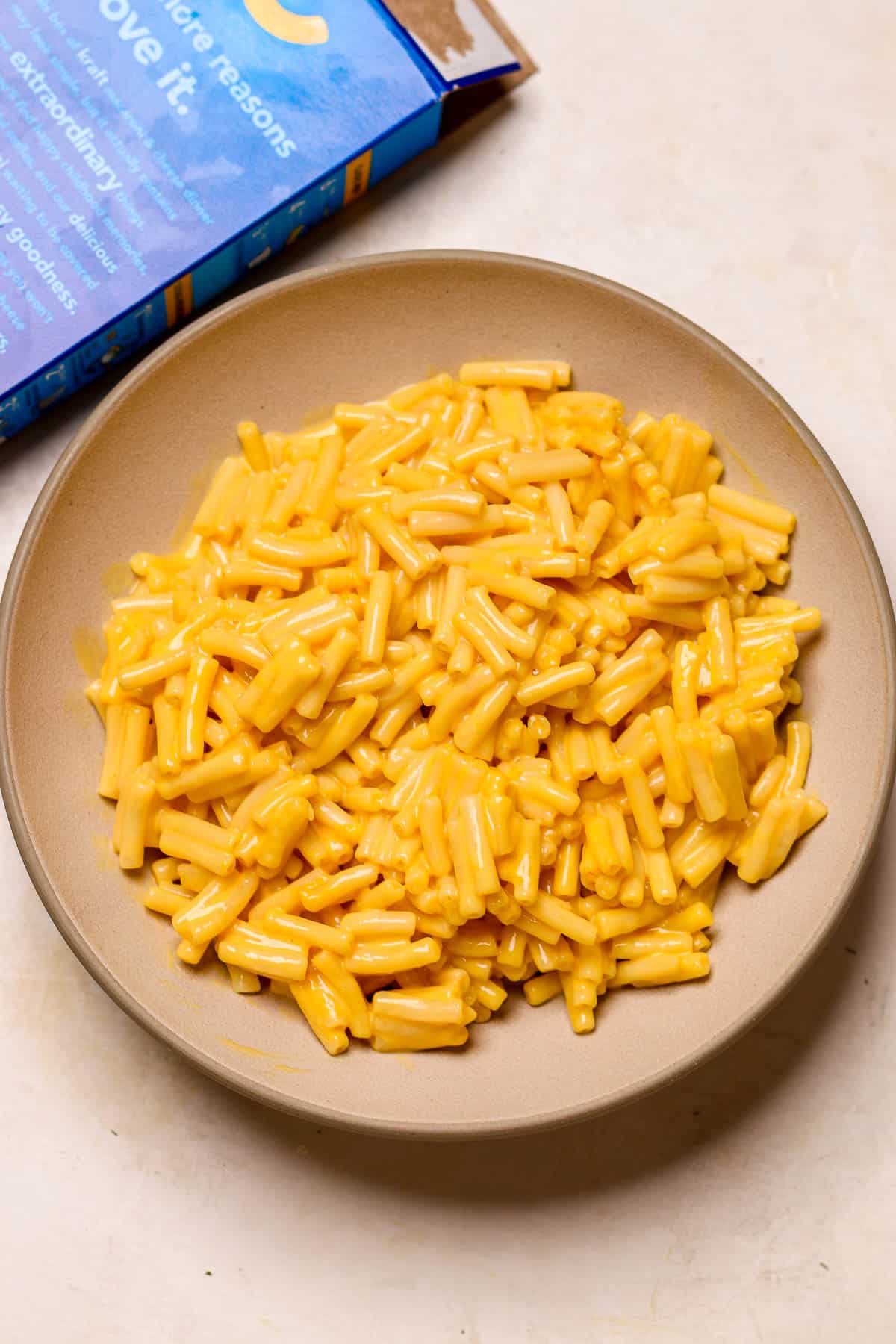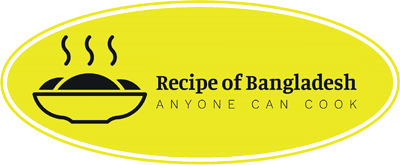Ever opened your fridge to find that your milk has turned sour? Before you toss it out, consider this: could that spoiled milk actually be the secret ingredient to make your mac and cheese even creamier and tastier?
You might be skeptical, but using spoiled milk in cooking can be a game-changer. By the end of this article, you’ll discover not only whether it’s safe but also how it might just elevate your favorite comfort food to new heights.
Dive in to uncover the unexpected benefits and potential risks, so next time you’re faced with spoiled milk, you’ll know exactly what to do. Trust me, your taste buds might just thank you!
Understanding Spoiled Milk
Understanding spoiled milk is crucial for cooking decisions. Spoiled milk has lost its freshness. It can still be useful for certain recipes. Knowing its signs and causes helps make informed choices.
Signs Of Spoilage
Spoiled milk often smells bad. The odor is sour and unpleasant. It may also taste sour. Fresh milk tastes sweet and creamy. Spoiled milk can change color. It may appear yellowish or lumpy. These are clear spoilage signs. Always check before using milk.
Causes Of Spoiling
Milk spoils due to bacteria growth. Warm temperatures speed this up. Leaving milk unrefrigerated causes spoilage. Bacteria break down milk components. This process changes milk properties. Proper storage can prevent spoilage. Keep milk in a cold fridge. Check expiration dates regularly.

Credit: ohsweetbasil.com
Safety Concerns
Using spoiled milk in mac and cheese can pose health risks. Bacteria in spoiled milk may cause foodborne illnesses. It’s safer to use fresh milk for cooking.
When considering adding spoiled milk to your mac and cheese, it’s crucial to prioritize safety. While many of us have faced the dilemma of what to do with spoiled milk, using it in cooking isn’t always safe. Understanding the potential risks can help you make informed decisions that protect your health and the well-being of those you cook for.
Health Risks
Spoiled milk can harbor harmful bacteria that may lead to foodborne illnesses. Consuming food containing these bacteria can result in symptoms like stomach cramps, nausea, vomiting, and diarrhea. If you’ve ever experienced food poisoning, you know how unpleasant it can be.
While some people might suggest using spoiled milk for its tangy flavor, the health risks often outweigh the benefits. Always consider the safety of those who will eat the meal before deciding to use spoiled ingredients.
When It’s Unsafe
Using spoiled milk becomes particularly unsafe when it has a strong odor or visible mold. These signs indicate that the milk has gone beyond a safe level of spoilage. Even if you think cooking will kill the bacteria, it’s not a guaranteed solution. If your milk has been spoiled for several days, it’s best to throw it away. Trust your senses.
If it smells off or looks chunky, don’t risk it. It’s better to be safe than sorry, especially when it comes to your health and that of your loved ones. Have you ever used spoiled milk in a dish and regretted it later? Such experiences teach us the importance of being cautious. Always prioritize safety over salvaging ingredients, no matter how tempting it might be to avoid waste.
Culinary Uses Of Spoiled Milk
Have you ever opened your fridge only to find a carton of milk past its prime? Before you toss it away, consider its potential in your kitchen. Spoiled milk might not be your first choice for a refreshing drink, but it can transform your dishes in unexpected ways.
While it might sound unusual, using spoiled milk can offer surprising results in recipes, especially in mac and cheese. It adds a unique tang and depth that fresh milk just can’t provide.
Traditional Recipes
In many traditional recipes, sour milk plays a starring role. Think about buttermilk biscuits or pancakes. These dishes often call for milk that has naturally soured. The acidity of spoiled milk helps in achieving that perfect fluffiness.
Mac and cheese can benefit from this technique. The tangy flavor complements the rich, creamy cheese sauce, creating a delightful balance. It’s a simple twist that can elevate your dish.
Fermentation Benefits
Have you ever wondered why some foods taste better when fermented? Spoiled milk is somewhat fermented, offering similar benefits. It’s not just about flavor; it’s also about health.
Fermented products are easier to digest and can support your gut health. When you use spoiled milk in recipes like mac and cheese, you might be adding a probiotic boost to your meal. It’s a win-win situation for your taste buds and your tummy.
So next time you’re faced with spoiled milk, ask yourself: Can this be the secret ingredient to a culinary masterpiece? You might be surprised at the answer. Would you dare to try it in your mac and cheese?
Mac And Cheese Preparation
Mac and Cheese Preparation is a delightful kitchen adventure. It’s a dish that brings comfort and joy, whether you’re cooking for a family dinner or indulging in a late-night snack. However, you might find yourself wondering if you can use spoiled milk in your recipe. This curiosity often arises from the desire to minimize waste. Let’s dive into the role of milk in mac and cheese, and explore some alternatives.
Role Of Milk In Recipe
Milk is a crucial ingredient in mac and cheese. It creates the creamy sauce that coats every bite of pasta. The fats and proteins in milk help bind the cheese and create a smooth texture. Without it, your dish might feel lacking in that signature rich taste.
Imagine your favorite mac and cheese without that creamy goodness. It just wouldn’t be the same, would it? The role of milk is to elevate the dish from ordinary to extraordinary.
Alternatives To Spoiled Milk
If you’re out of fresh milk, don’t worry. There are several alternatives you can use. Evaporated milk is a great option because it’s concentrated and adds a rich flavor. You can dilute it with a bit of water to mimic regular milk.
Nut milks like almond or cashew can be used too. They add a unique taste and are perfect if you’re looking for a dairy-free option. Just ensure they are unsweetened to avoid an unintended sweet twist to your dish.
If you have cream or half-and-half in your fridge, these can work wonders. They will make your mac and cheese even more decadent. The key is to adjust the quantity to maintain the right consistency.
Have you ever tried making mac and cheese with broth? It’s a surprise that can add depth to your dish. You might find it refreshing to step away from tradition sometimes.
So, before you think of using spoiled milk, consider these alternatives. They might just become your new favorites in the kitchen. What’s your go-to substitute when you run out of milk?
Evaluating Spoiled Milk For Cooking
Cooking with spoiled milk might sound unappealing, but not all spoiled milk is the same. Sometimes, using spoiled milk can bring unique flavors to dishes like mac and cheese. Evaluating spoiled milk is crucial before using it in any recipe. This ensures it adds a pleasant tang rather than a sour taste.
Smell And Taste Test
Begin by smelling the milk. Fresh milk has a mild scent. Spoiled milk often smells sour or off. If the smell is too strong, it might not be safe for cooking. Taste a small amount to check its flavor. Slightly tangy milk can be used in cooking. Avoid milk with a strong, unpleasant taste.
Visual Inspection
Look at the milk carefully. Fresh milk is smooth and creamy. Spoiled milk may look clumpy or separated. If you notice chunks or discoloration, it’s better not to use it. Check for mold or unusual particles. Clear, slightly thick milk might still be okay for cooking.
Evaluating spoiled milk requires careful attention. This ensures your dish remains delicious and safe.
Safe Cooking Practices
Using spoiled milk in recipes can be risky. Safety in the kitchen is key. Understanding safe cooking practices can help. Ensuring food safety is crucial for your health. Let’s explore how you can do this.
Boiling And Pasteurization
Boiling can kill harmful bacteria in spoiled milk. It makes it safer for cooking. Pasteurization is another effective method. This process heats milk to a specific temperature. It reduces bacteria levels significantly. Both methods enhance food safety.
Combining With Fresh Ingredients
Mixing spoiled milk with fresh ingredients can improve taste. Fresh cheese or herbs can mask unpleasant flavors. They add freshness to your dish. Ensure other ingredients are not expired. This reduces the risk of foodborne illnesses. Always prioritize quality and safety in cooking.
Experts’ Opinions
Using spoiled milk in mac and cheese may raise eyebrows. Some experts say it might work. Others suggest caution. Understanding their opinions helps make an informed choice.
Chef Insights
Chefs often experiment with flavors. A few believe spoiled milk can enhance taste. They say it adds a tangy twist. It might complement cheese well. Not all chefs agree, though. Some warn of potential off flavors. They suggest testing small amounts first. A strong cheese can mask mild spoilage.
Nutritionist Advice
Nutritionists focus on health impacts. Spoiled milk can cause digestion issues. They advise using fresh ingredients. The bacteria in spoiled milk may not be safe. Cooking might not eliminate harmful bacteria. It’s better to avoid risks. Fresh milk ensures a safe meal. Nutrients remain intact in fresh milk.

Credit: centslessdeals.com
When To Discard Spoiled Milk
Spoiled milk can sometimes find unexpected uses in the kitchen. But knowing when to discard it is crucial. Using milk that is too far gone can ruin dishes. Understanding the signs of spoilage helps make safe choices.
Non-negotiable Signs
Some signs are clear indicators that milk is unsafe. A sour smell is a major warning. If the milk smells off, toss it immediately. A strange color is another red flag. Milk should be white, not discolored. Clumpy texture is also a bad sign. If the milk is not smooth, it’s likely spoiled.
Long-term Storage Effects
Milk stored for too long can go bad. As days pass, its freshness declines. Even if refrigerated, milk won’t last forever. Check expiration dates regularly. Time impacts taste and safety. Long storage can lead to bacterial growth. This makes the milk unsafe to use.
Understanding these signs ensures safe cooking. Trust your senses and judgment. Spoiled milk can be harmful, so stay alert.

Credit: legallyhealthyblonde.com
Frequently Asked Questions
Can You Cook The Bacteria Out Of Spoiled Milk?
Cooking cannot make spoiled milk safe to drink. Spoiled milk contains harmful bacteria and toxins. Heating might kill some bacteria but won’t remove toxins. Consuming it can cause food poisoning. Always discard spoiled milk to ensure safety.
Can I Use Slightly Spoiled Milk To Make Cheese?
Yes, you can use slightly spoiled milk to make cheese. Ensure it’s not too sour or off-smelling. Slight spoilage can enhance certain cheese flavors. Always assess the milk’s condition before using it for cheese-making to ensure safety.
Can You Use Spoiled Milk In Pasta?
Avoid using spoiled milk in pasta. It can cause food poisoning and alter the dish’s taste. Fresh milk or alternatives are safer options for pasta recipes. Always check milk freshness before cooking to ensure a delicious and safe meal.
Is It Okay To Cook With Slightly Sour Milk?
Yes, you can cook with slightly sour milk. It works well in recipes like pancakes, muffins, and bread. Sour milk adds a tangy flavor and helps with leavening. Ensure it’s not spoiled with a bad smell or mold. Always use fresh ingredients for best results.
Final Words
Using spoiled milk in mac and cheese can be risky. It might lead to stomach issues. Fresh ingredients always taste better. Safety is key in cooking. Spoiled milk can ruin the dish. It might not blend well. Always check the milk’s smell and texture.
Better to use fresh milk for creamy texture. Ensures a tasty and safe meal. Fresh ingredients create a delightful experience. Your health and taste buds will thank you. Enjoy mac and cheese with confidence. Choose wisely for a delicious dish every time.

Leave a Reply